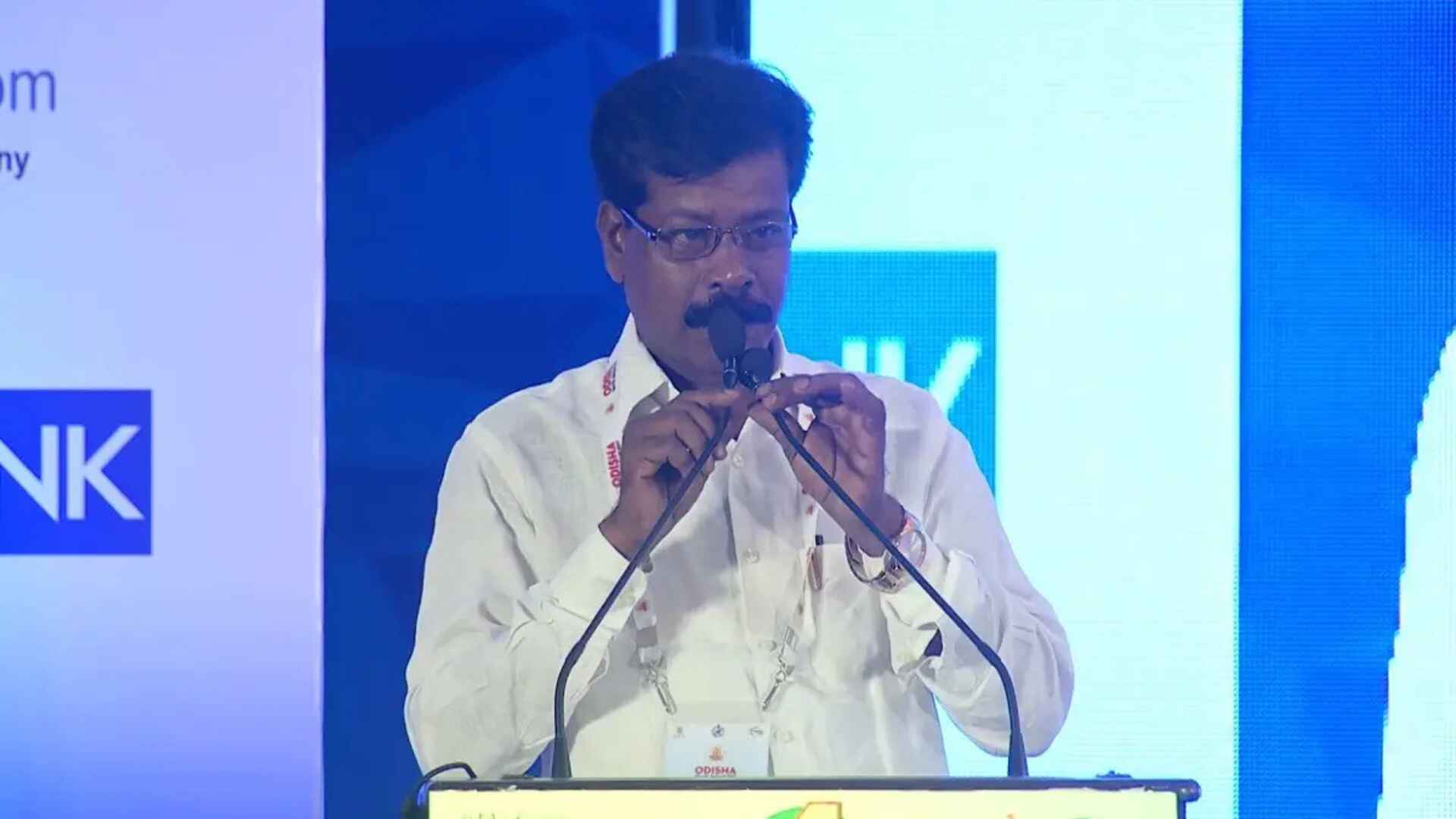Indian Union Petroleum Minister Hardeep Puri stated that India will account for 25% of the increase in global energy demand over the next two decades. He also mentioned that India’s energy strategy is considerate of commitments to the global commons.
During a roundtable discussion on “Opportunities in the India-US Strategic Partnership” in Houston, Texas, Minister Puri made these comments.
“India’s energy strategy is mindful of commitments to the global commons, to green transition, and to ensure energy availability, affordability, and security to all,” Puri said while addressing the event.
Furthermore, the Minister stated that India has made significant progress toward low-carbon growth, particularly through the use of cutting-edge technologies such as hydrogen and biofuels.He emphasised that despite the difficult energy environment now in place, India’s commitment to energy transitions and its ambitions for climate mitigation will not waver.
The US-India Strategic Partnership Forum hosted a roundtable on “Opportunities in the India-US Strategic Partnership,” which Puri presided over. More than 60 people from 35 different firms attended the roundtable, including senior leadership from some of the biggest names in the energy industry, including ExxonMobil, Chevron, Cheniere, Lanzatech, Honeywell, BakerHughes, Emerson, and Tellurian, to mention a few.
PSUs from Indian Energy were present as well. The Minister added that by lowering the no-go zones by 98%, opening up around 1 million sq km, and making high-quality geological data accessible through the National Depository Registry, India was implementing significant reforms to streamline and encourage exploration and production.
After recently opening up more than 1 million square kilometres of no-go zones, the Minister of Petroleum and Natural Gas announced the special coal-bed methane (CBM) round and offshore bid rounds in Houston, the oil and gas capital of the world, providing over 2.3 million kilometres.
Puri said in a series of tweets that there is enormous potential for cooperation between the two nations in the fields of petrochemicals, upstream industries, green hydrogen, gas-based economies, biofuels, and upstream sectors.
He continued, “There is unprecedented interest in Indian E&P by global oil corporations due to reform steps by the Modi Govt.
The participants agreed on a broad basis to move on with potential partnerships that would deliver India the best-in-class technologies in both traditional and new energy as the meeting came to a close.













